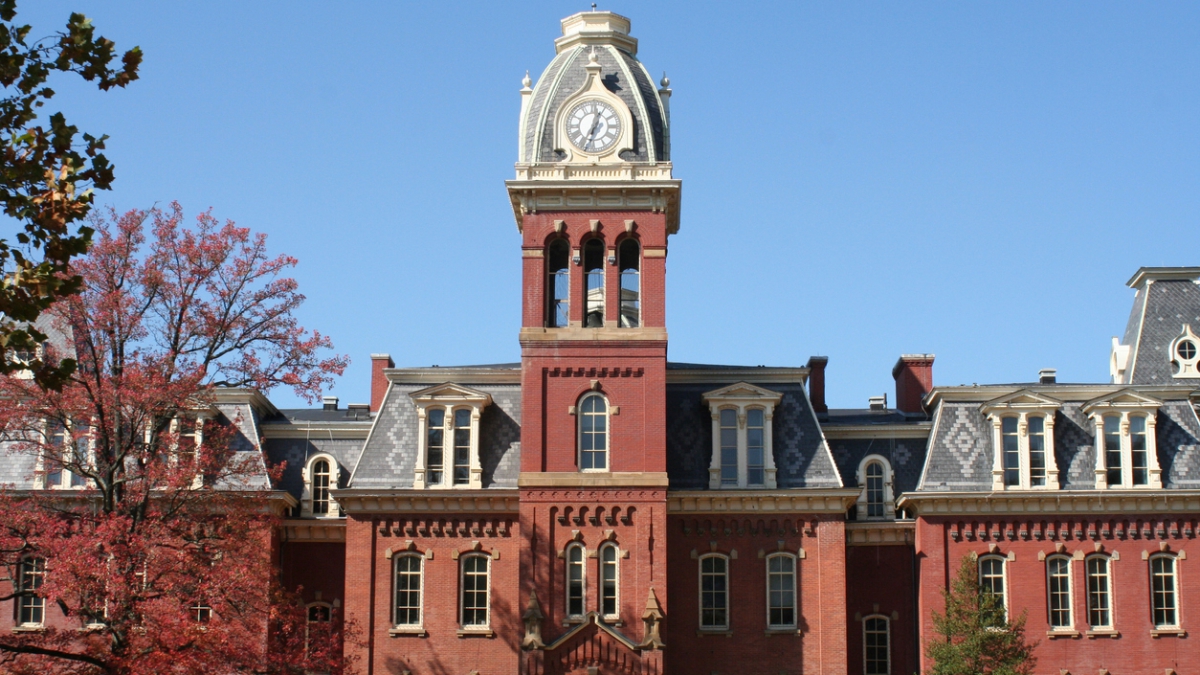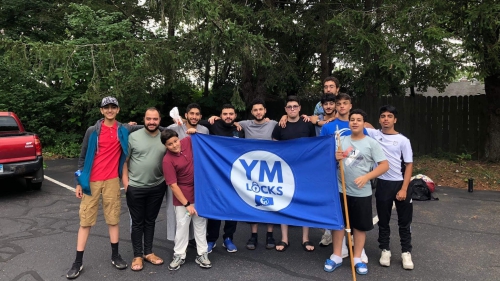Valourizing Academic Professionals

A university is an institution entrusted to transmit knowledge to the society so as to develop, change, and improve their quality of life. Members of a university community are expected to be involved in activities that generate, reproduce and make knowledge relevant, so that it is useful to various types and level of community. These are the tasks, duties, and responsibilities of academic professionals, necessitating universities to have sound strategies to valorize academic professionals, important to equip them with the competencies that enable them to avail knowledge for the community (professional, learning, learned, and public community).
By and large, there are three categories of academic professions in a university workforce, namely academics, academic administrators, and staff members. These groups of workforce play the core roles in developing good ecosystem for academic and institutional excellences. The first category of university workforce is academics who are the core academic professionals. In order to have good pool of academics, many universities have appointed scholarly talents to become researchers and knowledge workers. Their job description includes research, teaching, supervision, publication, administration, community services, and the combinations of these activities. They are entrusted to generate knowledge through research and communicate it to their students and relevant stakeholders. They too are expected to make the knowledge suitable or available for economic growth and social development. More importantly, academics should be able to bring about impacts to the society by innovating needed products, services, work-processes and new life-style or activities.
The roles of academics could be properly guided with the presence of transformational academic leaders, or known as academic administrators. They are academics who have been appointed to become incumbents of strategic university offices e.g. Vice Chancellor, Dean, Deputy Dean, Head of Department, Director etc. Though they were originally appointed to become academics in certain academic department, they are selected by their university to become office bearers for a certain period of time when they are required to do leadership roles . Besides serving as academic administrators, they are still required to accomplish all academic activities but at a reduced level of workload. In many instances, they have to juggle their roles between providing leadership to academics; supervising administrative officers and carrying out teaching and knowledge sharing activities.
Staff members in university are higher education management professionals who are non-academic employees, e.g. registrar/director, librarian, hostel manager, finance officer, science officer, engineers, technical staff etc. They form essential part of a university ecosystem, important for the effective and efficient management for the delivery of universities’ intellectual, social and educational functions. Being higher education management professionals, they have been trained, and expected to deal with complex and detailed work processes, entailing planning, leading, organizing, and managing people, work, and events.
The above points indicated that there must be judicious efforts to enhance the understanding about the actual meaning of academic professions. Given all groups of academic professional have the functions in making university a fully-functioning institution, it is essential to ensure that:
- academic administrators be equipped with enabling competencies to provide academic leadership while still allocating time to share their expertise with others through teaching; research, publication, consultancy and services;
- administrative officers be entrusted and empowered to assume leadership roles in academic management. It is inevitable that they have the abilities and leadership on higher education management, instead of generic management skills;
- administrative officers be highly equipped with higher education management leadership competencies, in that they are being equipped with knowledge on higher education system and the way to effectively manage the system. This include knowledge on higher education curriculum, higher education funding, and community engaged academic activities;
- academics be exposed to knowledge on higher education system, university leadership and academic management so that each of them be ready to assume academic administrator’s roles;
- professional development program be conducted to provide continuous learning processes for academics, academic administrators, and administrative officers so as to enhance their knowledge and skills on higher education system. Staff members should be encouraged to pursue higher degree in the areas related to higher education management;
- proper criteria or job specification of the three main academic professionals be identified so as to have proper recruitment and selection process; objective performance management; succession planning; as well specific design of training and development programs. The aims is to develop their competencies in higher education leadership and management.
Shukran Abdul Rahman is an associate professor at Department of Psychology, International Islamic University Malaysia (IIUM); and Dean of Kulliyyah of Islamic Revealed Knowledge and Human Sciences. His research areas include change and development in higher education, graduate employability, and university-community engagement.









